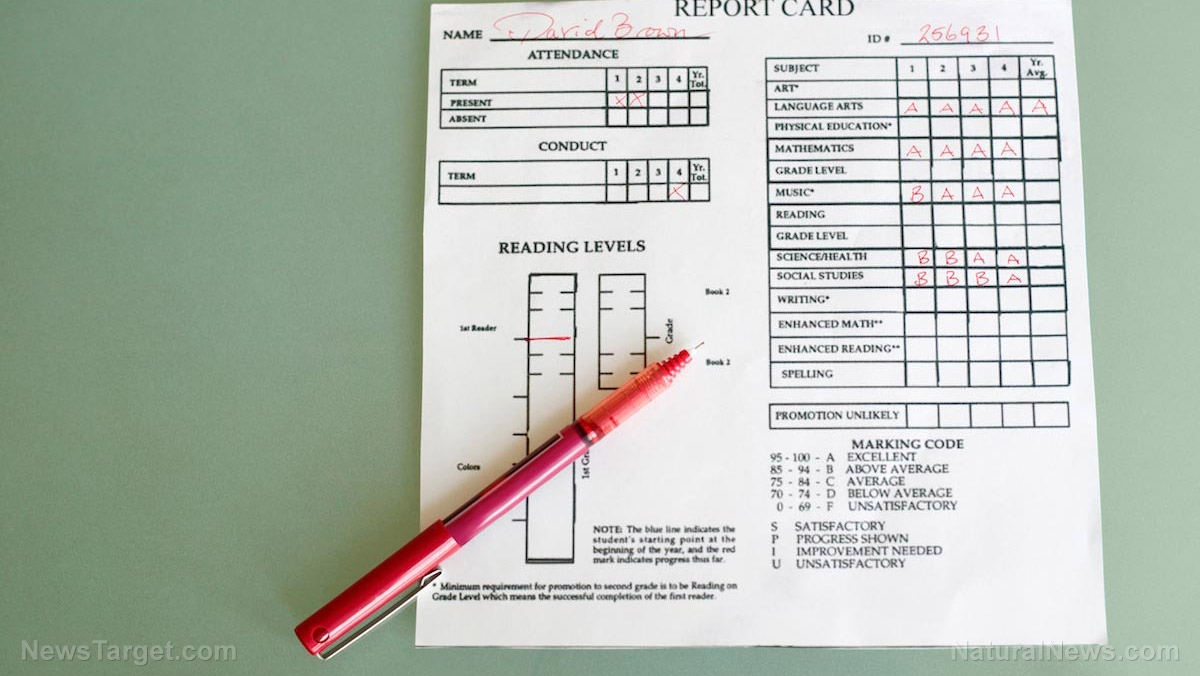Science journal “Whiteness and Education” turns out to be politicized junk science with fake peer reviews
10/10/2017 / By Jayson Veley

If you were to submit a research paper to a journal in the social sciences, it would typically go through an extensive peer review process and wouldn’t be published for at least several weeks. This is not the case when it comes to the popular journal Whiteness and Education, however, which despite claiming to have an extensive peer review process, typically publishes papers within just one or two business days.
The journal, which is published by Routledge, claims to focus on issues surrounding “crucial discussions of White racism, White identity, privilege, power, and intersectionality.” Over the last few months, Whiteness and Education has supposedly reviewed and published numerous articles on social justice, one of which called for the “destruction” of “whitestream intellectual habits.” Another urged professors to “dismantle whiteness.” (Related: Hunter College in New York City will now require a course on the “abolition of whiteness” for political science majors.)
But a closer look at these articles reveals that both of them were “accepted” for publication only one day after they were “received” by the publisher, calling into question just how legitimate the journal’s peer review process really is. One article on “deconstructing whiteness,” for instance, was approved just two days after it was submitted. Another one, titled “I’m not racist, my high school was diverse,” was accepted three business days after submission. Yet another, “Using Intersectionality as a Tool for Teaching Social Justice,” was both submitted and accepted on the same day, July 25th.
As pointed out by Campus Reform, all but one article published by the journal of Whiteness and Education this summer and fall were approved within just two business days of submission. Although Campus Reform reached out to all 21 members of the editorial board for details regarding the journal’s peer review process, none responded.
“In psychology, it usually takes two to six months to complete a review process,” explained Lee Jussim, a psychology professor at Rutgers University. “Most journals shoot for it being two to three months, but stuff happens. It is hard for me to imagine a review typically taking much under six weeks.” Even though Jussim acknowledged that advancements in technology might be capable of speeding up the review process, he added that “if anyone has created a serious peer review system that can take less than two weeks, I would be dying to hear about it. It would be revolutionary.”
So which is more likely to be the case? Did those working for the journal of Whiteness and Education really come up with a revolutionary way to speed up the review process so that it only takes a few days rather than a few weeks? Or do they just claim that their submitted articles go through a peer review process when in reality they are just looking to publish anything and everything that promotes social justice? At this point, it sure looks like the latter.
Jeffrey Beall, a professor at the University of Colorado-Denver and an expert on predatory journals, told Campus Reform in an interview that he is concerned about the journal’s peer review process as well. “If research articles [are] being accepted this quickly, then yes, something is wrong,” he said. “If it is accepting research articles within several days after their submission, then the journal is showing a characteristic of a predatory journal. He added that the peer review process exists “not only to weed out unscientific research but also to make good articles better.”
But that’s the thing about social justice warriors and the progressive left – they don’t care nearly as much about making sure that the information they put out is accurate and factual as they do about destroying conservatism and fundamentally transforming the United States of America. That’s how they always have been, and sadly, that’s how they always will be.
Sources include:
Tagged Under: bigotry, liberals, politics, progressives, race wars, racism, science journal, social justice, Whiteness and Education




















